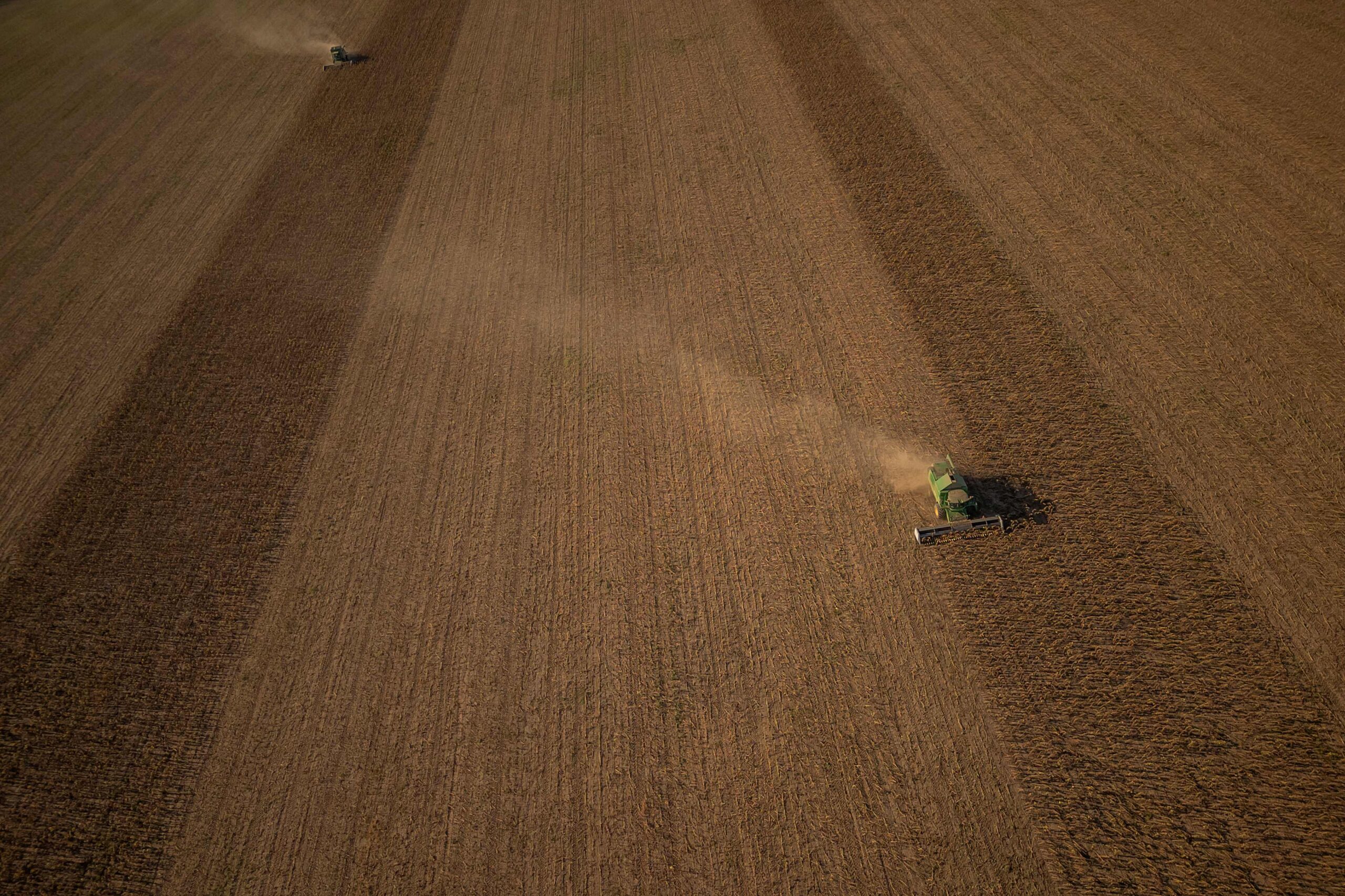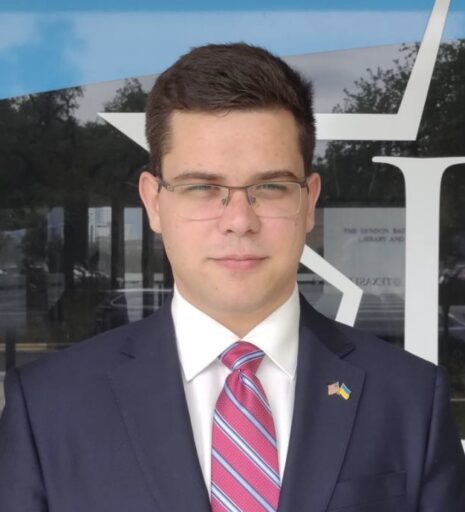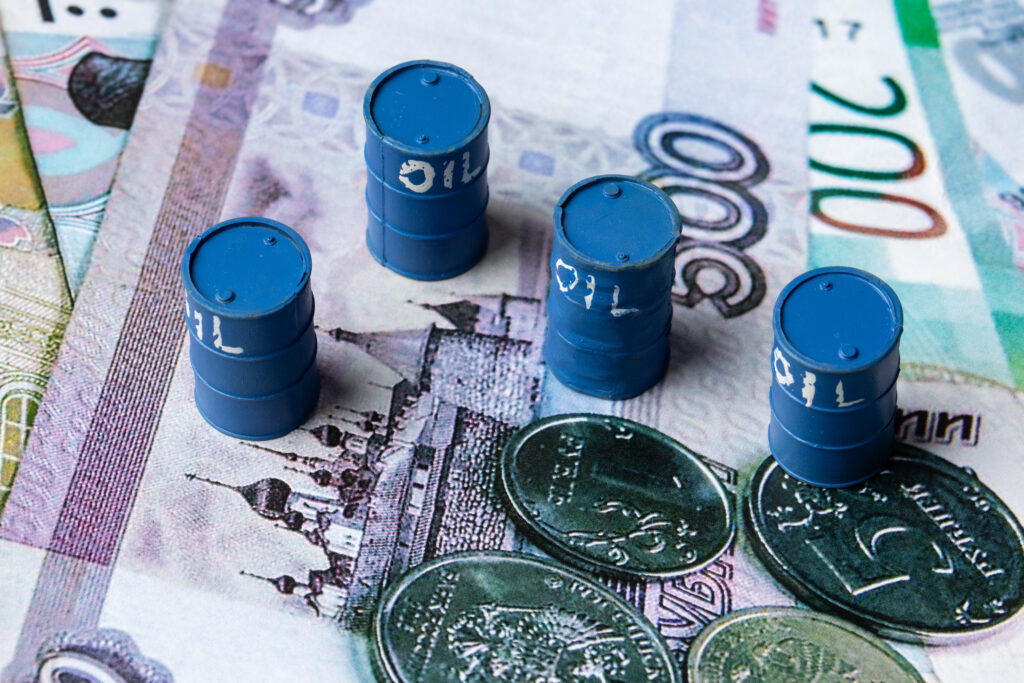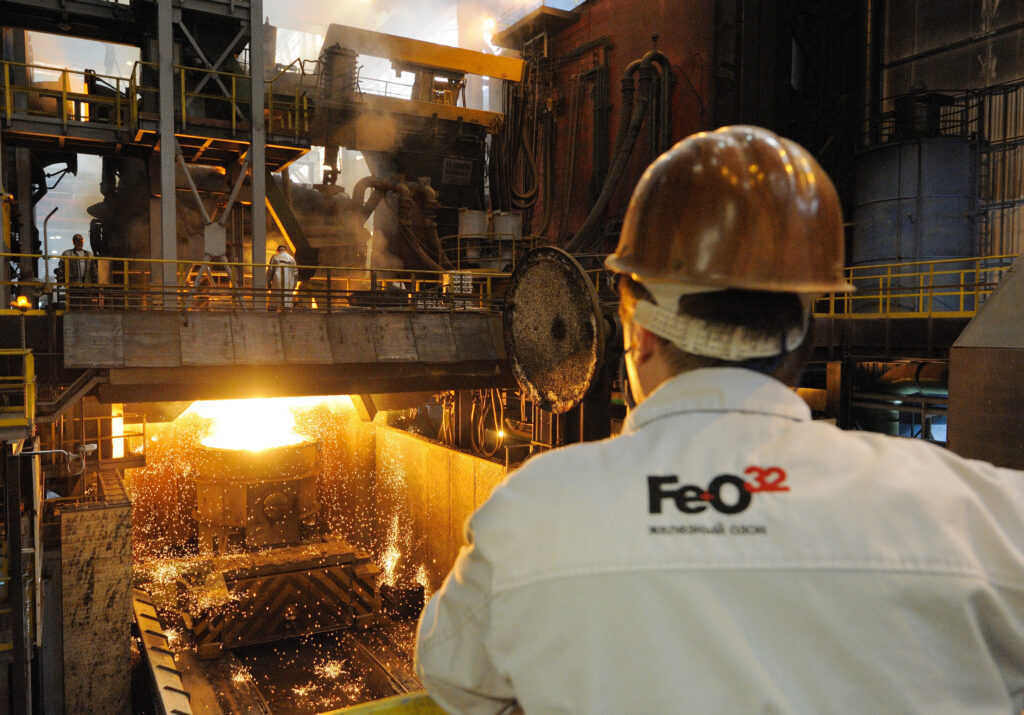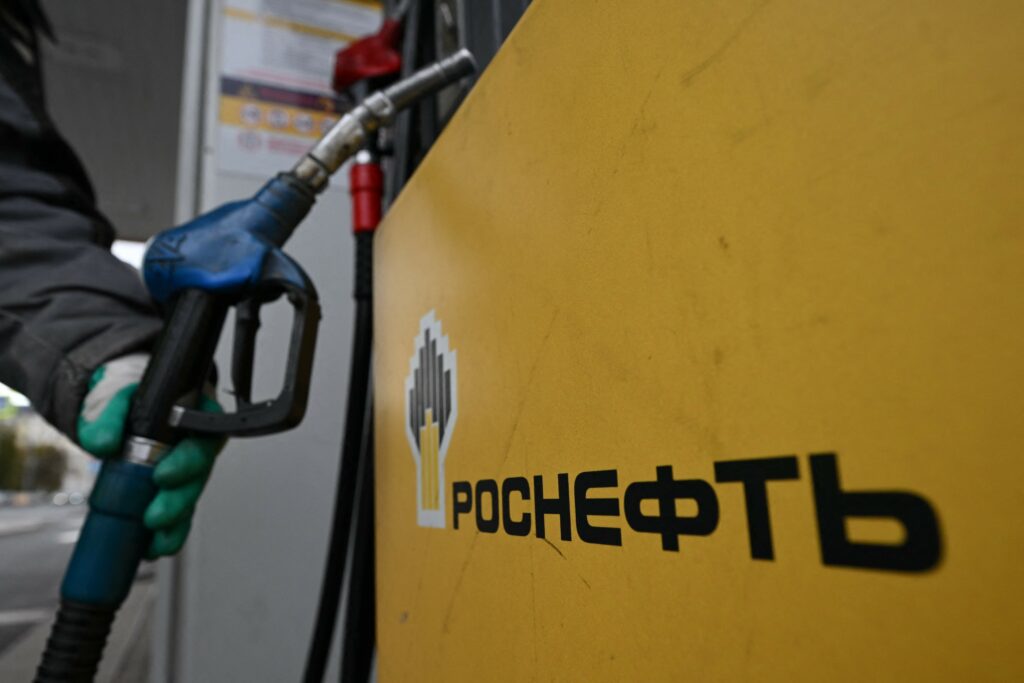Several academic papers, analytical reports, and policy briefs have examined the impact of Russia’s 2022 full-scale invasion of Ukraine on the global food market. They explain Russia’s strategy of using food as a weapon and the consequences for global food security. This memo focuses on the narrative warfare regarding food insecurity, analyzing how Ukraine and Russia frame their actions and policies concerning food security, especially toward dependent countries in the Global South.
Russia and Ukraine use food insecurity as leverage to achieve political goals, with some strategies overlapping between the two states. The Ukrainian version describes Russia as a neocolonial, revisionist empire and draws parallels with various historical incidents, such as Stalin’s policies that led to the Holodomor in the 1930s. For its part, the Russians present «the collective West» as an irresponsible actor guiding the Global South toward a food crisis through its support of Ukraine and sanctions against Russia. This narrative deprives Ukraine of its agency as a sovereign state, implying that Ukraine is being manipulated, thereby downplaying Ukraine’s importance in the global market and positioning Russia as a viable alternative.
Russia and Ukraine emphasize the issue of global food insecurity to advance their political objectives, inviting a comparison of their narratives. However, this comparison does not imply equivalence in their actions or positions, given that Russia is the aggressor in the conflict and Ukraine is in a defensive posture. Many of Russia’s official statements attributing the causes of rising global food insecurity have also been debunked; Russia’s rhetoric on this topic is demonstrably false.
Ukraine
Being a victim of Russia’s aggression, Ukraine advances the food insecurity narrative to support its claims about Russia’s destructive role, to build an international coalition for its Peace Formula, and to prevent countries from purchasing Russian crops. President Volodymyr Zelenskyy is Ukraine’s primary voice in rallying not only the West but also countries in the Global South to condemn Russia’s unilateral exit from the Black Sea Grain Initiative (BSGI) and unite behind Ukraine’s efforts to secure a safe shipping corridor without BSGI. President Zelenskyy and foreign minister Dmytro Kuleba have been at the forefront, reaching out directly to African countries, the Middle East, Latin America, and Asia. Kuleba and the Ukrainian Ministry of Foreign Affairs (MFA) have been active in laying the groundwork with the Global South through the unprecedented expansion of Ukraine’s diplomatic presence in Africa from 10 to 18 embassies and two extensive visits to the continent. Ukraine adopted the Ukraine-Africa Communication Strategy at the end of 2023. The document aims to increase cultural and economic exchanges, strengthen food security, and promote a «renaissance of Ukraine-Africa relations.»
President Zelenskyy also regularly hosts foreign journalists to reach audiences beyond Western countries and «look each other in the eye.» Issues surrounding food security and grain exports are at the core of Ukraine’s strategy to chip away at Russia’s longstanding relations with the Global South dating back to the Soviet period and the Cold War nonaligned movement. In certain instances, Ukraine also claims its legacy as the Ukrainian Soviet Socialist Republic to advance its case with the Global South and contest Russia’s monopolization of the Soviet past with many of these countries.
Ukraine hosted two international «Grain from Ukraine» summits under the motto «Bravery Feeds Planet,» designed to consolidate efforts to ensure global food security and develop alternative logistical routes for exporting Ukrainian agricultural products. Ukraine frames food security-related events and projects as humanitarian initiatives for countries in the Global South while painting Russia as an irresponsible actor that weaponizes hunger against the most disadvantaged members of the international community. This follows a recently established practice of Ukrainian leaders connecting the current food security environment with the 1930s Holodomor («starvation») induced by Joseph Stalin’s forced collectivization policies in Ukraine and across the Soviet Union. Recognizing Holodomor as a genocide against the Ukrainian people (which Russia categorically denies) has long been a key goal for Ukraine, but the war has accelerated these efforts. Russia’s disruption of Ukrainian agriculture, which now enjoys global reach (compared to 90 years ago), allows Ukraine to cite and amplify its historical grievances vis-a-vis Russia to the rest of the world, which is suffering from war-induced food insecurity.
Lacking the close economic and security ties and resources to attract the Global South firmly to its side, Ukraine makes do with aggressive public diplomacy, at the heart of which is Ukraine’s potential role as a guarantor of food security. Challenging Russia’s historically close ties with many countries in the Global South has proved achievable for Ukraine’s diplomats, instrumentalizing food security to its advantage. Ukraine’s public diplomacy efforts are also crucial for attracting international support for President Zelenskyy’s Peace Formula, which has a food security stipulation and would end the war on terms favorable to Ukraine. While the viability of the Peace Formula is dubious, Ukraine has been demonstrating that it can unilaterally alleviate the food crisis and export agricultural produce by creating sea denial challenges for Russia’s Black Sea fleet and deterring it from targeting Ukrainian grain shipments even in the absence of the BSGI. These recent achievements prompted Dmytro Kuleba to proclaim that Ukraine «won the battle for the Black Sea…»
Russia
The Russian government, particularly its MFA, has capitalized on global concerns about food insecurity to position itself as a dependable partner for countries in the Global South, where food security is paramount. To achieve this, the Russian MFA has published numerous articles in countries heavily reliant on exports from Ukraine and Russia, aiming to sway those countries’ public opinion in their favor. The Russian government’s information campaign suggests they see food security as an arena where they can shift public opinion in Russia’s favor, thereby challenging the narratives that Ukraine and its Western allies have put forward.
The prevalent narrative seeks to depict the West as cynical and hypocritical; the West is using Ukraine to further its neo-colonial objectives. The article «Western Restrictions against Russia — Fuel to the Global Food and Energy Crises» by Anatoly Borovik, the Russian Ambassador to Cambodia, presents a typical argument: «The collective West exploits [the grain crisis] to promote anti-Russian and Russophobic sentiments throughout the world…[t]he ultimate goal of these actions is obvious — to undermine the Russian economy, including the agro-industrial complex… Russia’s [is] a key global supplier of basic agricultural products, including to low-income countries, that are subject to risks of food shortages.» Ukraine is presented as a puppet of «the collective West,» therefore forcing Ukraine back into the Russian sphere, — argues Borovik, — is the only path to global stability.
According to Russia’s MFA, the Western nations have been attempting, albeit unsuccessfully, to weaken Russia’s economy through sanctions, which has caused disruptions to the global food supply chain. Sergey Petrovich, the Russian Ambassador to Jamaica, argues in his article «Who Is to Blame for Global Economic Turmoil?» that Western countries are not only dodging accountability for the harmful effects their sanctions have on the global economy but are also hiding the fact that major Western agricultural businesses are profiting from the increased prices of food and fertilizers and the resulting instability. The Russian MFA employs language that hints at a conspiracy, suggesting that by continuing its support for Ukraine without peace negotiations, the West is a critical factor in the worsening food security situation worldwide.
Another recurring theme in Russia’s official statements is the claim that Ukraine’s contribution to the global grain market is negligible. President Putin noted that the idea that Ukrainian grain is essential for feeding the world is «misleading and false.» Furthermore, Russia claims it is ready to fill this gap, partially on a charitable basis. In early 2024, Russia announced it had shipped 200,000 tons of grain to African nations, fulfilling its previous commitments. President Putin explained that by doing so, Russia was sharing the benefits of the food price increases that followed its withdrawal from a grain deal. This move contrasted with some Western food-exporting countries, which, he implied, retained such profits for themselves.
While Ukraine frequently portrays Russia as a neo-imperial and neo-colonial power, Russia taps into the anti-Western and anti-colonial sentiments of former colonies in the Global South. In his speech to delegates of the Second Russia-Africa Summit in St. Petersburg on 27 and 28 July 2023, President Putin consistently depicted Russia as the rightful heir to the Soviet Union, highlighting the Soviet Union’s support for African nations against colonialism, racism, and apartheid. Putin asserts Russia’s inheritance of the Soviet legacy. Yet, he later admitted that Ukraine, part of the Soviet Union then, generally maintained positive relations with African countries.
Putin characterizes Western nations as still engaging in neocolonial practices, suggesting that colonialism’s legacy persists and is maintained by former colonial powers. Putin criticized the grain deal, stating that the West portrayed the agreement as an act of concern for Africa. However, he claims it was exploited to benefit large American and European businesses by allowing them to profit from exporting and reselling Ukrainian grain.
Global South
Countries in the Global South, including some in Africa that rely significantly on food exports from Ukraine and Russia, showed little enthusiasm for narrative warfare from either Ukraine or Russia. Despite the importance of these exports, we found little evidence of substantial discussions about the conflict through food security lenses, either through official diplomatic channels or government-related media. For instance, Egypt’s Ministry of Foreign Affairs has avoided the global discussion of trade disruption impacts on the Global South. What has been occasionally published, including in Egyptian government-supported media such as Al-Ahram, demonstrates the successful integration of Russian narratives into the Egyptian press. This, arguably, indicates Egyptian support for Russia within the information framework of the Black Sea initiative. Or, this may reflect the nonaligned Global South deriving benefits where possible but primarily focusing on maintaining stability with minimal investment.
Despite the public support for Putin from many leaders at the Second Russia-Africa Summit in 2023, South African President Cyril Ramaphosa specifically addressed Putin’s pledge to donate 50,000 tons of grain to Africa. Ramaphosa emphasized, «We (African countries) did not come here in search of ‘gifts.’ While we are grateful for the offer to provide grain to some African countries in need, that is not our primary aim. Our main goal is not just to receive such donations,» he stated. Ramaphosa’s comments underscored Africa’s pursuit of equal partnerships rather than dependency on aid.
Implications
Ukraine and Russia use similar concepts to craft their war-time narratives around global food insecurity. These narratives draw on the Soviet past and neo-colonial and neo-imperial themes. However, there is no clear evidence that either side’s narratives are particularly compelling or persuasive. Russia’s narrative is crafted more effectively, benefiting from its intensive pre-existing economic, cultural, and diplomatic ties. Russia also frequently employs anti-Western rhetoric, depicting the West as a neo-colonial force. Ukraine does not use such rhetoric against its allies.
Ukraine might benefit from adopting a less self-centered approach to its food security narrative. Portraying Ukraine as a target of Russian imperial expansion has not garnered significant sympathy in the Global South. Instead, Ukraine could improve its messaging by addressing respecification, extractivism, and neocolonialism, thereby aligning itself with the concerns of other developing countries.
Despite their limited impact, these warfare narratives have practical political implications. As such, they must be considered and addressed in developing policies to combat the ongoing weaponization of food.
